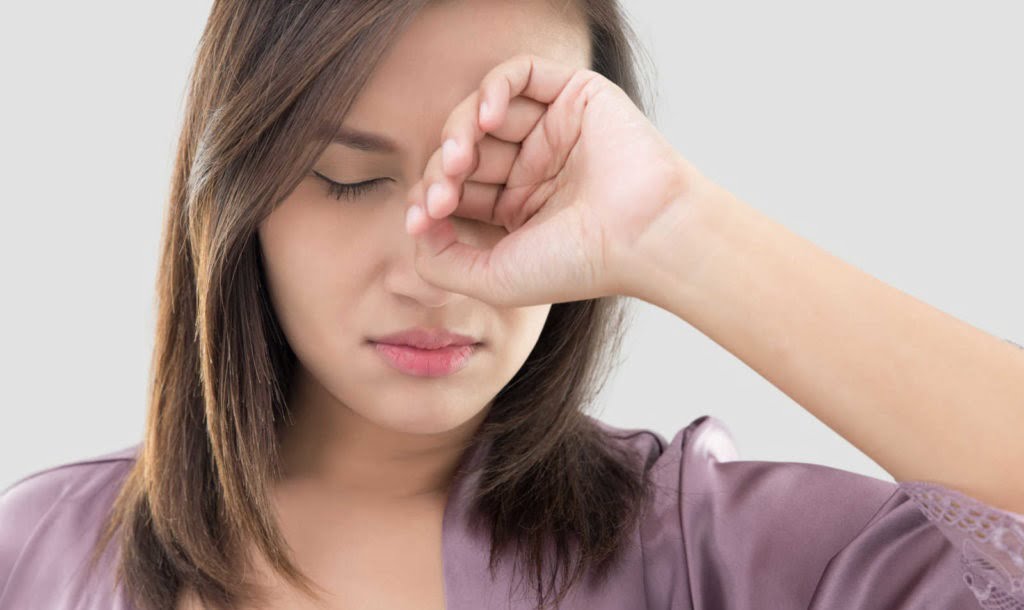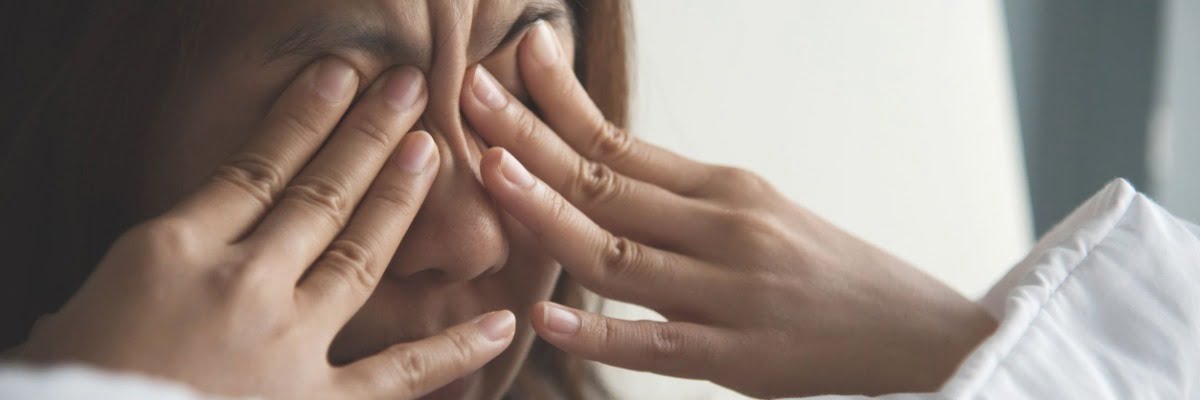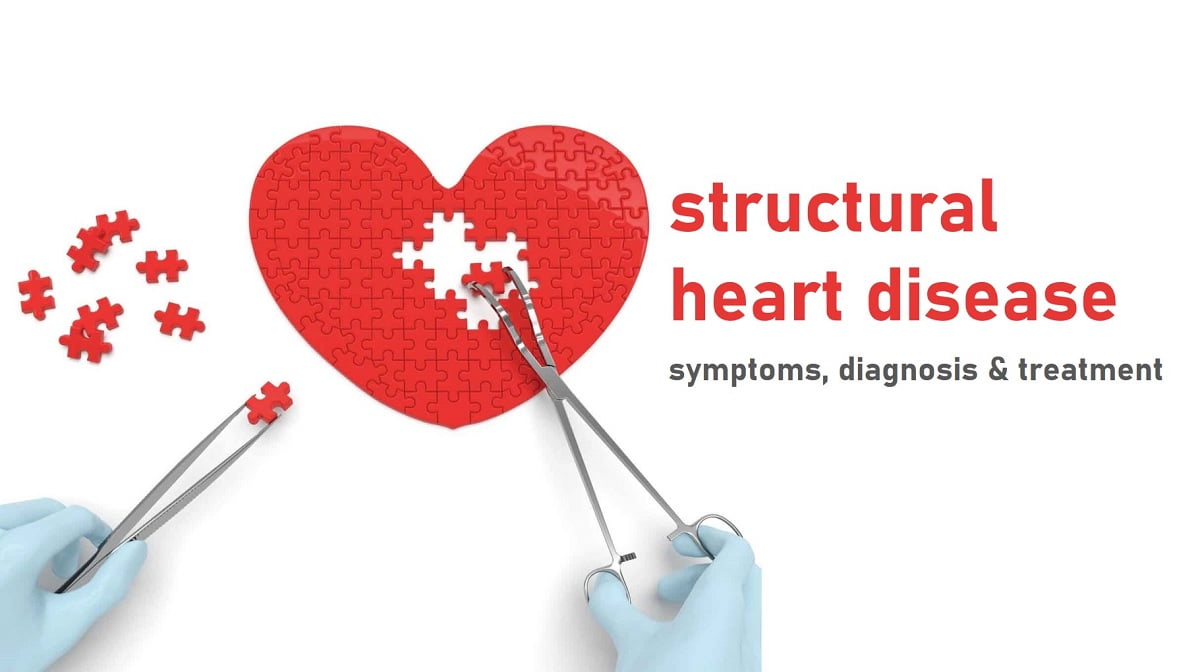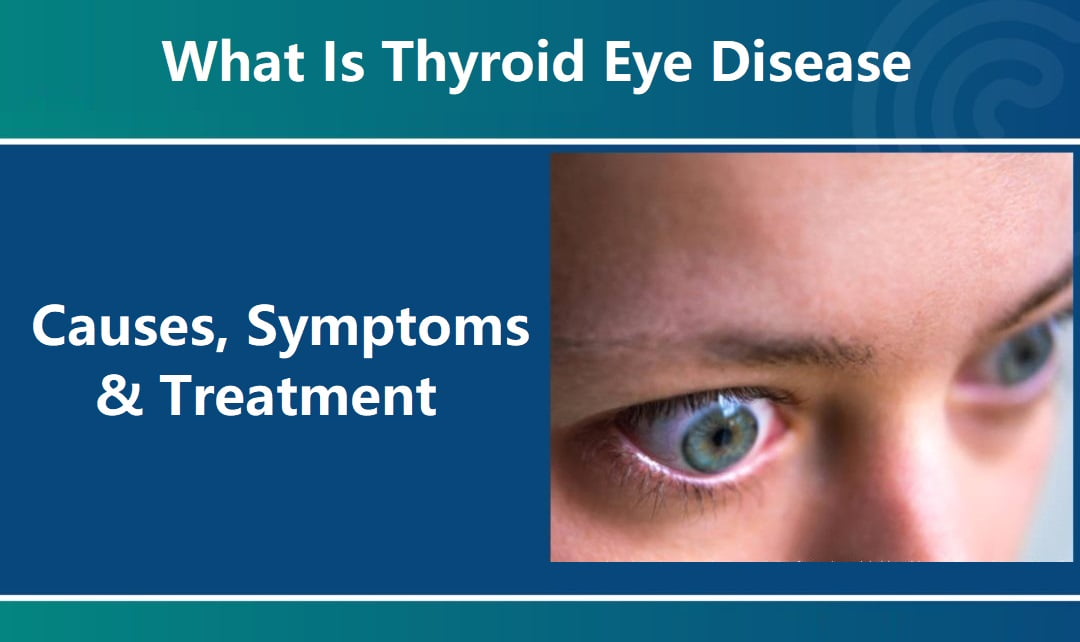Itchy Eyes at Night : Causes, Home Remedies & Treatment 2024

Itchy eyes are a common problem that can affect anyone. However, waking up with itchy eyes in the middle of the night or having persistent itchy eyes in the evening can be annoying and disrupt your sleep. Understanding the various causes and using the right treatment is key to finding relief.
What Causes Itchy Eyes at Night?
There are several possible causes for itchy eyes at night:
Dry Eyes
Dry eye syndrome is one of the most common reasons for itchy eyes. Factors like aging, medications, weather conditions, and health issues can cause dry eyes. The tear film that lubricates your eyes can evaporate faster at night. This leads to irritation and itchiness. Blinking less while sleeping also contributes to dryness.
Allergies
Allergies to dust mites, pet dander, pollen, or mold can trigger itchy eyes at night. Allergens on your bedding, curtains, carpets, or stuffed toys can cause symptoms when you are lying down. Seasonal allergies are also known to be worse at night.
Blepharitis
This common inflammatory condition affects the eyelids and causes irritation, redness, and itchiness. The oil glands in the eyelids become clogged, leading to dandruff-like scales on the eyelids. This can irritate the eyes, especially at night.
Eye Strain
Staring at digital screens excessively during the day can contribute to tired, irritated eyes at night. The eyes work extra hard to focus on near objects for extended periods. This eyestrain can persist at night.
Contact Lens Wear
Wearing contacts for too long or sleeping with lenses on can irritate the eyes. Allergies to contact lens solutions can also cause itchy eyes. Improper lens care and hygiene further increase irritation.
Medications
Certain oral medications like antihistamines, antidepressants, birth control pills, and others can cause dry eye syndrome as a side effect. Discontinuing medication should only be done under medical supervision.
Medical Conditions
Underlying health issues like conjunctivitis, blepharitis, rosacea, and eczema can contribute to itchy eyes at night. Other problems like thyroid disorders may also play a role. Consult an ophthalmologist for an evaluation.
Home Remedies for Nighttime Itchy Eyes

Trying simple home treatments can help soothe irritated eyes and prevent scratching while sleeping:
Warm Compresses
Apply a clean, warm washcloth on closed eyes for 5-10 minutes. This helps loosen crusting on eyelashes, melts oil clogs, and relieves itching. Do it 2-3 times a day.
Cool Compresses
A cool compress from the fridge can instantly soothe itchy eyes. Wrap an ice cube or cold spoon in a clean cloth and press gently on the eyelids. Do not apply anything too cold directly.
Eye Drops
Over-the-counter lubricating eye drops help replenish moisture and relieve dryness. Avoid eye drops containing vasoconstrictors at night. Use preservative-free drops before bedtime.
Allergy Control
To prevent allergic reactions at night, use dust mite covers on pillows and mattresses. Avoid bringing pets into the bedroom. Change bedding weekly and vacuum/dust regularly.
Proper Hygiene
Always remove eye makeup thoroughly before bed. Change contact lenses as recommended and use proper lens disinfecting methods. Practice good lid hygiene by cleaning eyelids daily.
Avoid Irritants
Do not rub your eyes vigorously. Avoid smoke, dust, and other pollutants. Stop using new cosmetics or eye products that may irritate you. Limit screen time before sleeping.
Cold Tea Bags
Caffeine and tannins in used tea bags can help constrict blood vessels and reduce swelling. Lie down and place cooled tea bags on closed eyelids. Green tea works well too.
Aloe Vera
The soothing, anti-inflammatory properties of aloe vera gel can alleviate itching and discomfort. Store pure aloe gel in the fridge and apply on clean eyelids before bed.
Cucumber Slices
Cooled cucumber slices placed on the eyes for 15 minutes can provide a cooling, hydrating effect. Cucumbers contain antioxidants that help treat puffiness.
Chamomile Tea Bags
Chamomile tea contains anti-irritant ingredients like bisabolol and chamazulene. Steep tea bags in hot water, cool, and then apply on eyes for relief.
Medical Treatments for Nighttime Itchy Eyes
If home treatments do not provide adequate relief from persistent itchy eyes at night, see an ophthalmologist or optometrist. You may need prescription medication or treatment for an underlying condition.
Artificial Tears/Eye Lubricants
Eye drops that contain polyethylene glycol lubricate and coat the eyes to prevent dryness. Long-lasting gel drops are useful at night. Examples are Systane Nighttime PM Therapy Lubricant Eye Ointment, Refresh PM, and others.
Warm Eye Compresses
Microwavable eye masks, compresses, and cloths maintain steady moist warmth on the eyes. Bruder Moist Heat Eye Compress is an excellent drug-free option. Use for 10-15 minutes as needed.
Antihistamine Eye Drops
For severe nighttime allergy symptoms, Zaditor, Alaway, Opcon-A, and similar OTC drops reduce itching. They contain antihistamines like ketotifen fumarate or naphazoline. Use 1-2 times daily.
Oral Antihistamines
Oral over-the-counter medicines like cetirizine (Zyrtec), loratadine (Claritin), and fexofenadine (Allegra) block histamine’s effects. They help control reactions to dust mites, pollen, pet dander, etc.
Prescription Eye Drops
Doctors may recommend prescription steroid drops like Lotemax or antibiotic drops if you have severe inflammatory eye issues like bacterial conjunctivitis or blepharitis. Use only as directed.
Antibiotic/Steroid Combination
For severe itching and swelling from allergies or problems like eyelid dermatitis, a combination of prescription drops can provide relief. Examples are Tobradex (tobramycin/dexamethasone) and Zylet (loteprednol/tobramycin).
Omega Supplements
Oral omega-3 fatty acid supplements help reduce dry eyes by improving meibum oil quality. They also have anti-inflammatory effects. Always take it under medical guidance for the correct dosage.
Allergen Immunotherapy
For people with severe persistent allergies not relieved by other treatments, allergy shots or sublingual immunotherapy can desensitize the body’s immune response over time. This gradually reduces symptoms.
Lid Hygiene
Regular eyelid cleansing and using warm compresses help treat blepharitis. Antibiotic ointments may be prescribed for stubborn crusting and bacteria. Tea tree oil wipes help eliminate debris.
Punctal Plugs
Tiny silicone or gelatin plugs can be inserted into the tear ducts to prevent eye lubrication from draining too quickly. This retains moisture and provides relief from dry eyes.
When to See a Doctor
Consult an ophthalmologist right away if you have any of these worrisome symptoms along with persistent nighttime itchy eyes:
- Eye pain, excessive tearing, or discharge
- Light sensitivity, blurred vision
- Redness, swelling, and irritation
- Recurrent styes or chalazia bumps on eyelids
- Itching accompanied by rashes
- Itching that worsens despite treatment
- Signs of infection like eye pus or crusted eyelids
Timely diagnosis and treatment of underlying conditions like conjunctivitis, keratitis, glaucoma, ocular rosacea, and blepharitis can prevent complications. Uveitis and scleritis require urgent medical care.
FAQs Related to Nighttime Itchy Eyes
What makes eyes itch more at night?
Common triggers like dryness, allergies, strain, and irritants can worsen at night since your eyes get less lubrication during sleep. Blinking also reduces, so eyes are prone to more irritation.
Should I see a doctor for itchy eyes at night?
Yes, if itching persists for over 1-2 weeks despite using lubricating drops, it could indicate an underlying condition needing treatment. Severe itching with other symptoms warrants immediate medical care.
Can allergies cause itchy eyes only at night?
Yes, allergens like dust mites in bedding tend to affect the eyes more while sleeping. Seasonal pollen allergies can also flare up more at night. Getting allergies treated can provide relief.
What home remedy works best for itchy eyes?
Using cool or warm compresses provides the most soothing natural relief for nighttime itchy eyes. They help remove irritants, reduce inflammation, unclog oil glands, and hydrate the eyes.
Should I use antibiotic eye drops for itchy eyes?
No, antibiotic drops like Polytrim and OcuTricin are used for bacterial eye infections. They will not relieve itchiness alone. Use lubricating drops or allergy drops for relief from itching.
Can lack of sleep cause itchy, dry eyes?
Yes, insufficient sleep can contribute to eyes drying out. Tear production decreases with fatigue. Prioritize proper sleep hygiene to minimize disruptive itching. Limiting screen time before bed also helps.
How can I prevent my eyes from getting itchy at night?
Take these proactive steps – use a humidifier, avoid Rubbing eyes, clean eye makeup before bed, change pillowcases frequently, treat underlying allergies, and use OTC drops to lubricate. See a doctor if it persists.
Is it OK to use Visine for itchy eyes at night?
No, Visine and other vasoconstrictor eye drops can potentially worsen symptoms when overused. They provide temporary relief only. Use lubricating eye drops instead for nighttime itchiness.
Conclusion
Itchy eyes can regularly disrupt sleep and become aggravated at night due to reduced blink rate and tear film instability. However, the cause is often manageable with self-care, medication, or treatment for associated conditions.
Try applying warm, cool compresses, proper hygiene, and avoidance of irritants first. Use over-the-counter lubricating drops if itching persists. Oral antihistamines can help with allergies. See an ophthalmologist if symptoms do not improve or you notice any severe symptoms. Identifying and controlling causative factors provides the most effective long-term relief. With the right solutions, you can enjoy pleasant, restful sleep without contending with frustrating eye itchiness or irritation.



